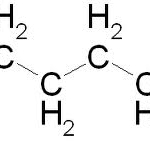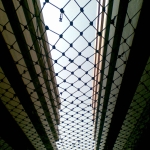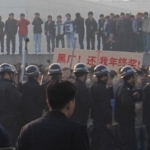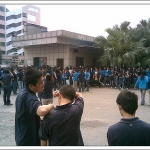Articles tagged with: SACOM
Contemporary China, Workers »

In March 2010, a SACOM research team went to investigate the massive poisoning case at United Win (China) Technology Ltd., a subsidiary of Wintek Corporation in Suzhou, Jiangsu Province, China.
In mid-2009, there were rumours about workers being poisoned. The poisoning cases were only confirmed after a strike erupted before the Lunar New Year in 2010. Forty seven workers were confirmed poisoned by a chemical called n-hexane which the workers used to clean iPhone screens. In other words, the tragedy is directly linked to Apple. As of mid-September, some workers complained they had not fully recovered and they had symptoms of relapse. Despite the severity of the incident, Apple neither gave a public account of the tragedy nor any remediation measures to the victims for its failure to implement the code of conduct (CoC). SACOM issued an investigative report titled Apple Owes Workers and Public a Response over the Poisonings in May 2010 in response to the incident.
Contemporary China, Workers »

Since the beginning of 2010, a startling ten Foxconn employees in Shenzhen tried to end their lives. Eight died, while two survived their injuries. All were between 18 and 25 years old—in the prime of their youth—and their loss should awaken wider society to reflect upon the costs of a development model that sacrifices dignity for economic growth.{…}
The Foxconn suicides have received much media attention and yet many other Chinese workers toil under terrible conditions. It is common knowledge that workplace accidents and even deaths are routinely covered up. Image-conscious global buyers and their suppliers sometimes show some concern for workers’ treatment. But often, this seems only business-as-usual done in the currency of the rhetoric of corporate social responsibility.{…}
Ongoing Struggles, Workers »

A strike of 2000 workers has unveiled massive poisoning cases at United Win, a subsidiary of Wintek Corporation and an Apple Computers contractor in Suzhou, Jiangsu Province. While cancellation of an annual bonus was a primary reason for the strike, workers have explained that they also protested over the poisonings. In the aftermath of the strike, workers were able to receive the annual bonus, but the health concern remains.
Since the middle of 2009, rumours had circulated around the factory that workers were being poisoned at United Win. Just one day after the strike, which erupted on January 15, 2010, the Suzhou Municipal Administration of Work Safety confirmed in a press conference that 47 workers from United Win had symptoms of hexane poisoning. The authorities also stated that all the workers concerned were hospitalized.
jj blog, Ongoing Struggles, Workers »

Students and Scholars Against Corporate Misbehavior (SACOM) keeps up the pressure on Apple and its Taiwanese-based supplier Wintek with a new report detailing Wintek’s suppression of a large (7,000) but short-lived wildcat strike by workers in Dongguan, China in April of this year.
Husunzi »
A Public Statement onThe Walt Disney Company Annual Meeting of Shareholders, March 6, 2008
To: John E. Pepper, Chair of the Board of Directors, the Walt Disney Company From: Jenny Chan, Students & Scholars Against Corporate Misbehavior (SACOM)
Two full years have passed since March, 2006, when four institutional shareholders – the New York City Employees’ Retirement System, the New York City Teachers’ Retirement System, the New York City Police Pension Fund, and the New York City Fire Department Pension Fund – filed a proposal to help Disney end its sweatshops in …
